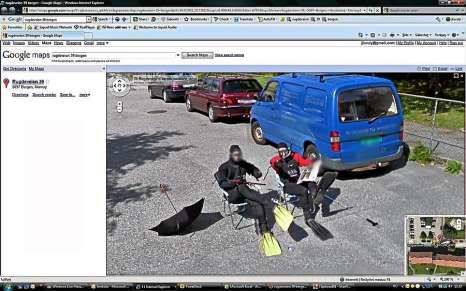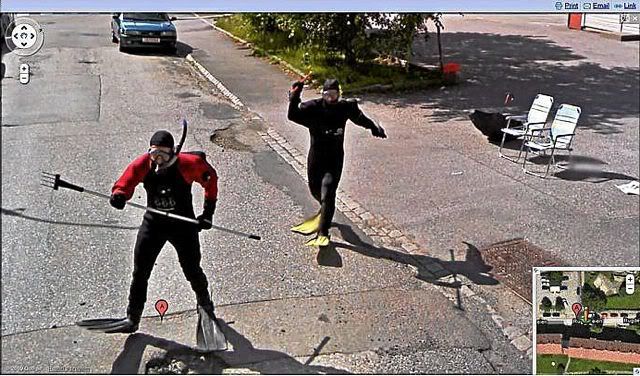DevonDiver
N/A
This is starting to remind me of some of the discussion 10+ years ago of solo diving. How many agencies sanction that practice now?
Sanction doesn't arise on the basis of right or wrong... it occurs if/when an agency feels confident to approve and supply explicit formal training in an activity, on the basis of diver safety, effective training to mitigate risk, liability protection and provision of capable, experienced instructors.
As Dumpster points out - the sanction of an activity is not necessary for a private individual to privately engage in that activity.
However, the agency 'sanction' of a technique is:
1. A criteria that may play a role in the diver's decision to engage in using that technique.
2. A pre-requisite if representatives (instructors) of an agency are to claim that the technique is supported/approved/provided by their agency.
3. A pre-requisite if representatives (instructors) of an agency intend to teach that technique within the scope of an agency sponsored course.
4. A legal defense if liability charges are raised against an instructor, which result in connection with that technique.
---------- Post added ----------
So tell me Devondiver would you have a problem with...all the "fun" stupid human tricks I've done underwater..
You still fail to grasp the ethical difference between what you publicly teach/advocate as an instructor and what you can practice as a private individual.

I have no problem with whatever you choose to do, in your own time, on your own dives. I'd have serious concerns if you did, or recommended, the same things whilst subject to duty-of-care and professional responsibility in your guise as an agency-sponsored and representative scuba educator.
lol, I was contemplating using it as a signature, but people reading it may think I'm agreeing with it.
Very amusing though. lol
Yes, it's always funny to quote something out of context. Congrats.







